
Fastest Growing E-Commerce Companies
The coronavirus epidemic wreaked havoc on a wide range of industries and businesses. The e-commerce industry, on the other hand, gained the most from the pandemic. With stay-at-home orders in place all over the world, online retail sites and platforms saw a rapid increase in the number of active consumers. Global retail e-commerce sales climbed by 27.6% to $4.3 trillion, according to eMarketer estimates. Many firms are already converting to an e-commerce platform in order to participate in the industry’s revolutionary expansion, which is expected to continue in the future years.
The e-commerce industry was critical in controlling COVID-19’s proliferation. The local government was able to implement a successful physical distancing strategy by combining online grocery shopping, telemedicine, video streaming, video conference platforms, and distance learning. When 11 million Wuhan residents were placed under a rigorous quarantine for 60 days, China’s largest e-commerce enterprises came to their aid. Face masks, sanitizers, and other necessary supplies were delivered to Wuhan by Alibaba (NYSE: BABA). JD.com (NASDAQ: JD), on the other hand, used autonomous robot cars to deliver medical and food supplies.
Walmart, on the other hand, devised a novel approach to reduce in-person contact when grocery shopping. Alphabot, a 20,000-square-foot automated facility linked to a Walmart store in New Hampshire, was unveiled. With robotic carts, the automation made food pickup faster and more efficient, leading to a good customer experience.
Table of content:
- Should You Invest in E-commerce Stocks?
- The Fastest Growing E-commerce Companies
Should You Invest in E-commerce Stocks?

Since the epidemic has accelerated the e-commerce industry’s growth in just a few months, practically every company is trying to expand its online presence. Globally, sales of internet products have climbed by 24%, while sales in stores have declined by 7%. There’s never been a better opportunity to start investing in the fastest growing e-commerce companies, with more and more consumers purchasing online every year. According to a poll performed by the United Nations Conference on Trade and Development (UNCTAD) and Observatory NetComm Suisse, more than half of customers claimed they will continue to purchase critical products online using digital methods even after the pandemic.
Furthermore, the global demand for smartphones and mobile phones drives the desire for e-commerce apps that can be downloaded quickly on a mobile device. According to eMarketer, mobile devices were used to process 45 percent of e-commerce sales in the United States. As a result, mobile e-commerce sales in the United States are expected to increase from $284 billion to $488 billion in 2024.
The Fastest Growing E-commerce Companies
Based on sales growth rate, we ranked the 15 fastest growing e-commerce enterprises. We also added each company’s market capitalization. The Asia Pacific region is the e-commerce market’s fastest-growing region. You’ll notice several Chinese e-commerce companies as you go through the list, as China is the world’s largest e-commerce market.
Let’s begin with number 15 on our list of the 15 fastest growing e-commerce companies.

15. Walmart (NYSE: WMT)
| Market cap | $367.8 billion |
| Revenue Growth | 1.9% |
Walmart is ranked 15th among the 15 fastest growing e-commerce companies. Walmart is the world’s largest retailer, with over 11,500 locations and 2.2 million employees. Food and foodstuffs, as well as garments, appliances, instruments, and gadgets, are available at the retail store. Walmart U.S. e-commerce sales climbed to 37 percent, powered by online grocery income, bringing the total revenue to $524 billion. WMT’s stock has grown 15.59 percent in the last year.
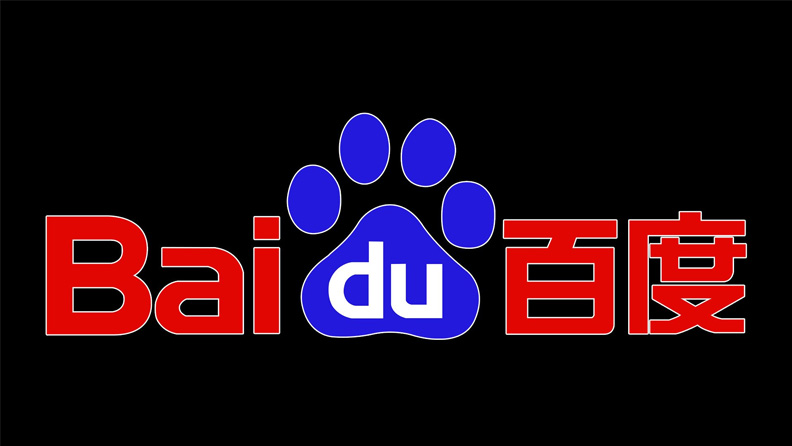
14. Baidu Inc. (NASDAQ: BIDU)
| Market cap | $18 billion |
| Revenue Growth | 5% |
Baidu, a Chinese internet and artificial intelligence business model, is ranked 14th among the 15 fastest growing e-commerce companies. The Chinese tech company focuses on online search and marketing. Baidu generated $16.4 billion in sales. Baidu will have the highest share of the Chinese search engine market, with 74 percent. With its cooperation with Geely Automobile, the business revealed its plans to enter the EV industry earlier this year. The stock of Baidu has increased by 190 percent in the last year.

13. GoDaddy Inc. (NYSE: GDDY)
| Market cap | $12.4 billion |
| Revenue Growth | 11% |
GoDaddy Inc., one of the world’s major service platforms for online retailers, is ranked 13th on our list of the 15 fastest-growing e-commerce firms. GoDaddy E-store gives internet sellers a platform and resources to sell their goods all over the world. With around 1.4 million additional customers, the company’s revenue was $3.3 billion. Over the last 12 months, the stock has increased by 50%.

12. Rakuten
| Market cap | $18.2 billion |
| Revenue Growth | 15.2% |
With a revenue of 1,455,538 million yen, Rakuten is one of the fastest-growing e-commerce enterprises. The Japanese internet behemoths operate in the areas of internet services, fintech, and mobile. Rakuten leads the e-commerce market in Japan with 55 percent, followed by Amazon Japan and Yahoo Japan. Rakuten has a global membership of over 1 billion people. Domestic e-commerce gross merchandise sales (GMS) will reach $41 billion, up 19.9% from the previous year. In the last year, the stock has increased by 115 percent.

11. eBay (NASDAQ: EBAY)
| Market cap | $40 billion |
| Revenue Growth | 19% |
eBay, situated in California, will be one of the fastest-growing e-commerce corporations. The American e-commerce network, which was founded in 1995, links millions of consumers in over 190 regions all over the world (including Ukraine). The multinational e-commerce company generated $10.2 billion in revenue, with a global gross merchandise volume of $100 billion. eBay had 185 million active users, an increase of 11 million from the same time last year. eBay’s stock has increased by 116 percent in the last year.

10. Target Corp. (NYSE: TGT)
| Market cap | $89.5 billion |
| Revenue Growth | 19.8% |
Target Corp., situated in Minneapolis, is ranked 10th on the list of the 15 fastest growing e-commerce companies, with over 1,900 locations across the United States. The retail behemoth offers lower-cost general items and food groceries. Target’s total comparable sales increased by 20.5 percent, with comparable store sales up 6.9 percent and digital sales up 118 percent. Target made $92.4 billion in sales. TGT’s stock has increased by 92 percent in the last year.

9. Suning.com Co. Ltd
| Market cap | $10 billion |
| Revenue Growth | 20% |
Suning.com, a Chinese e-commerce site, is ranked 9th among our 15 fastest growing e-commerce companies. Consumer electronic products, such as telecom and digital equipment, as well as household appliances, are sold by the corporation. In the last year, the stock has dropped by 21%. The Fortune 500 firm generated $39.7 billion in revenue. Suning.com’s online presence is one of its assets, as the company’s number of shoppers increased by 52 percent year over year. Suning.com’s retail cloud platform grew 33.6 percent while physical stores grew 45 percent.

8. Facebook (NASDAQ: FB)
| Market cap | $826 billion |
| Revenue Growth | 22% |
Facebook is ranked number 8 on the list of the top 15 fastest-growing e-commerce companies. Facebook is working on Facebook, Instagram, and WhatsApp, among other social networking programs. Facebook has about 1.85 billion daily active users. Facebook Marketplace is a social media platform where anybody can list an item for sale or purchase. Facebook’s advertising revenue alone was $84.1 billion. The social media networking behemoth generated $85.9 billion in revenue. Facebook’s stock has increased 95.9% in the last year.
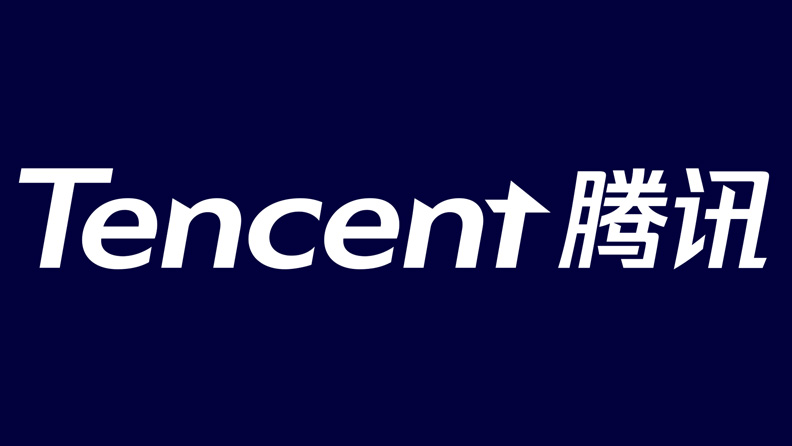
7. Tencent (OTC: TCEHY)
| Market cap | $769.8 billion |
| Revenue Growth | 29% |
With revenue of $18.4 billion in the third quarter of the year, Chinese tech company Tencent is ranked 7th on the list of the 15 fastest growing e-commerce companies. Tencent is an online service firm established in Shenzhen that specializes in e-commerce, mobile game publishing, artificial intelligence, and payment system solutions. Tencent’s WeChat had over 1.4 billion monthly active users in the third quarter of the year. WeChat’s Mini Shop allows users to quickly construct an online store with a broad reach across the WeChat app. Over the last year, the stock has increased by 84 percent.

6. JD.com Inc. (NASDAQ: JD)
| Market cap | $129.5 billion |
| Revenue Growth | 29.3% |
Beijing-based JD.com is one of the world’s largest tech-driven e-commerce platforms, it will be one of the fastest-growing e-commerce enterprises. Electronic and general retail products are sold both domestically and abroad by the corporation. Today, the Fortune 500 company is one of China’s largest retailers. The revenue of the Chinese e-commerce company was $114.3 billion. JD’s stock has increased by 125 percent in the last year.
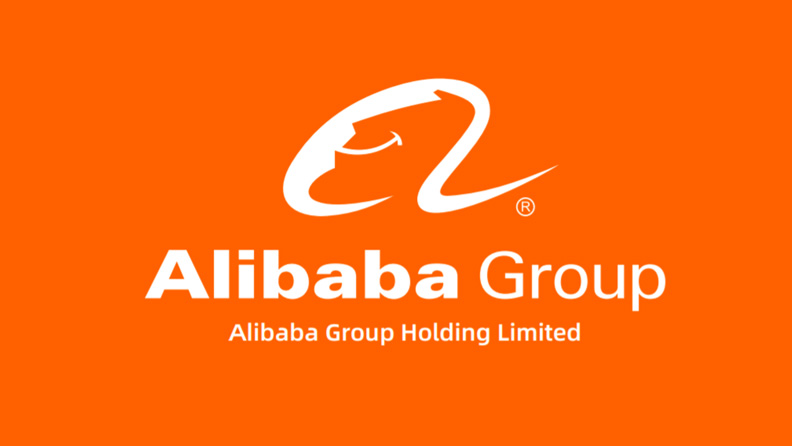
5. Alibaba Group Holding Ltd. (NYSE: BABA)
| Market cap | $652.7 billion |
| Revenue Growth | 35% |
Alibaba Group, China’s largest online retailer, is ranked 5th among the 15 fastest growing e-commerce companies. Alibaba’s overall revenue was $78.3 billion. Taobao, Tmall, and Alibaba.com are some of the company’s subsidiaries that handle wholesale and retail e-commerce. Alibaba will have a large annual active customer base, with 780 million Chinese users and over 180 million users outside of China. The Chinese tech giant is also in the cloud computing sector, with revenue expected to increase by 62 percent to $5.6 billion. BABA’s stock has risen 32 percent in the last year.

4. Kaspien Holdings Inc (NASDAQ: KSPN)
| Market cap | $66.9 million |
| Revenue Growth | 36% |
Kaspien Holdings Inc. is ranked 4th on the list of the fastest-growing e-commerce companies. Kaspien is a software (SaaS) firm that assists e-commerce brands in expanding their online distribution channels on platforms like Amazon and Walmart. Kaspien Holdings had $38.9 million in revenue in the third quarter of the year. The increase in net sales was mostly due to the Amazon US marketplace’s strength. Strider Bikes, 3M, and ZippyPaws are among the many major companies served by the New York-based growth platform organization. The stock of KSPN has grown 779 percent in the last year.
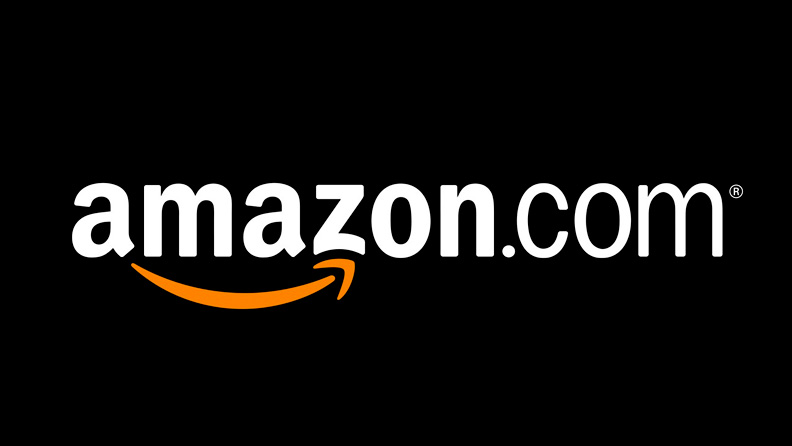
3. Amazon.com Inc. (NASDAQ: AMZN)
| Market cap | $1.52 trillion |
| Revenue Growth | 38% |
Amazon.com, with net sales of $386.1 billion, is ranked third on the list of the 15 fastest growing e-commerce businesses. Amazon is an online retailer and a provider of cloud computing services that was founded in a garage in 1994. Amazon will control 47 percent of the e-commerce sector in the United States. One of the corporations that benefited the most from the outbreak was Amazon. Amazon now has over 9.7 million merchants throughout the world. AMZN’s stock has gained by 61.6 percent in the last year.

2. Shopify Inc. (NYSE: SHOP)
| Market cap | $136.7 billion |
| Revenue Growth | 86% |
Shopify, a cloud-based retail powerhouse established in Canada, is ranked second among the 15 fastest growing e-commerce companies. Small and medium-sized enterprises manage their operations across all sales channels using the company’s software and tools. Shopify is used by some of the most well-known brands, like Swiss chocolate maker Lindt and fitness apparel company Gymshark. Shopify generated $2.9 billion in revenue, with revenue from Subscription Solutions increasing by 41% to $908.8 million and revenue from Merchant Solutions increasing by 116% to around $2 billion. SHOP’s stock has increased by 223 percent in the last year.
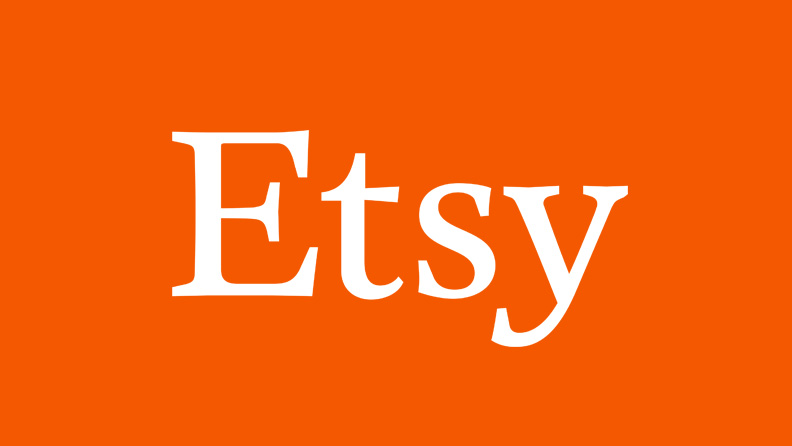
1. Etsy (NASDAQ: ETSY)
| Market cap | $26.4 billion |
| Revenue Growth | 129% |
Etsy, a Brooklyn-based e-commerce site, is at the top of the list of the 15 fastest growing e-commerce companies. The company provides a platform that focuses on craft for internet vendors and onboarding customers all over the world. The company’s revenue was $1.27 billion, with $10.3 billion in gross goods sales. In the last year, ETSY’s stock has increased by almost 579 percent. Etsy had 81.9 million active users, up 77 percent from the previous year. Nonetheless, the number of people selling things on Etsy grew by 62% to 4.4 million.
Additional Fastest Growing e-commerce Companies

The following are a few other hypergrowth companies :
- Jungle Scout is an eCommerce software that assists entrepreneurs in selling things on Amazon. Customers (existing and new customers) can use their platform to manage inventories, perform product research, locate suppliers, and more. Though the company is now focused on Amazon, it is planning to expand to include solutions for other online retail platforms, such as Walmart.com.
- Cazoo is an online used automobile marketplace that offers a thorough vehicle inspection and home delivery. Cazoo has $2 billion in funding (Post-IPO Debt). The U.K.-based eCommerce business raised more than $400 million in less than a year. The company announced that its valuation has surpassed $2.5 billion. L Catterton, whose portfolio includes Bliss and Hanna Anderson, and dmg ventures, which has funded other eCommerce startups such as Zilch and Farewill, are among the investors in the digital auto sales platform.
- Loopi is a Brazilian-based shoppable video eCommerce platform. Content creators may monetize their work, and marketers can promote their products in a fresh, engaging way, thanks to the mobile app. The site, which is similar to TikTok, was launched in 2021 and has already raised $5 million in a seed round of funding.
- Snackpass is a San Francisco-based online food ordering platform that focuses on pickup orders. The startup’s initial success came at its founders’ university, Yale, where they quickly attracted 80 percent of the student body as consumers. Snackpass, which raised $70 million in a Series B fundraising round, now serves about half a million customers in 13 college town regions.
Note: Partnerships and mergers allow you to reach a larger audience than you could on your own. They assist you in developing ties with industry leaders and gaining access to the community. Partnerships are a terrific method to grow your brand regardless of the size of your team or your budget.




